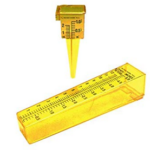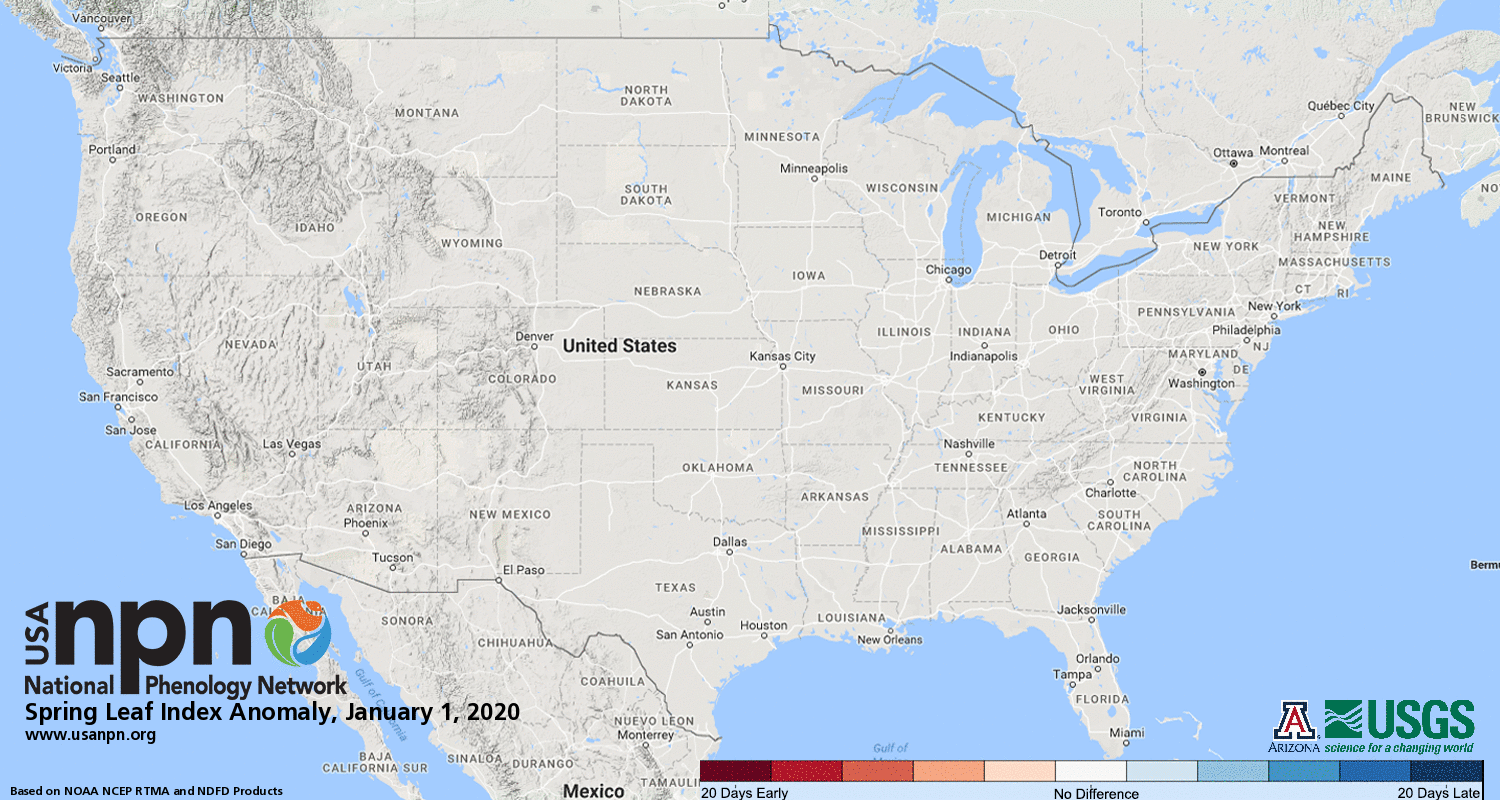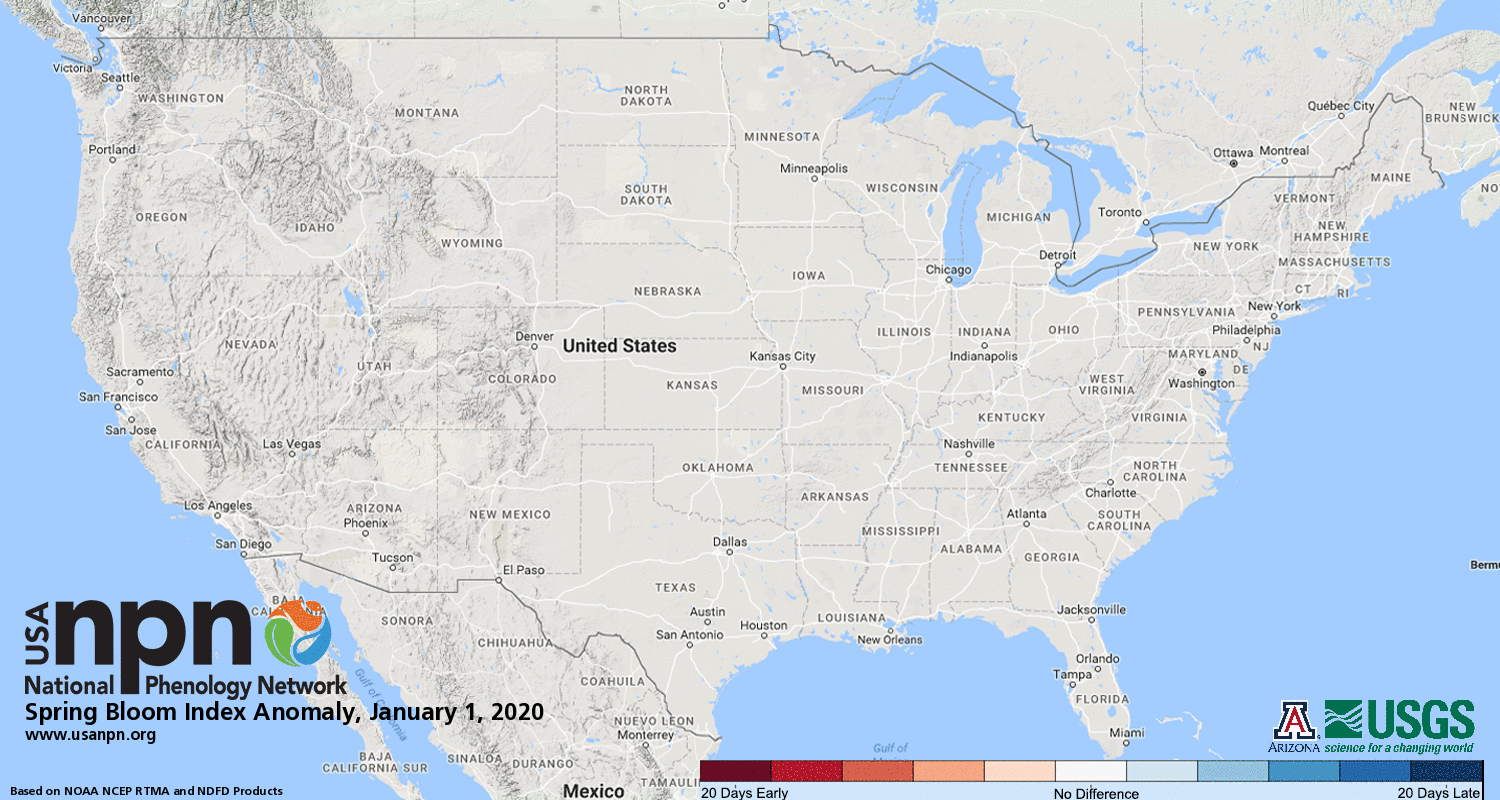
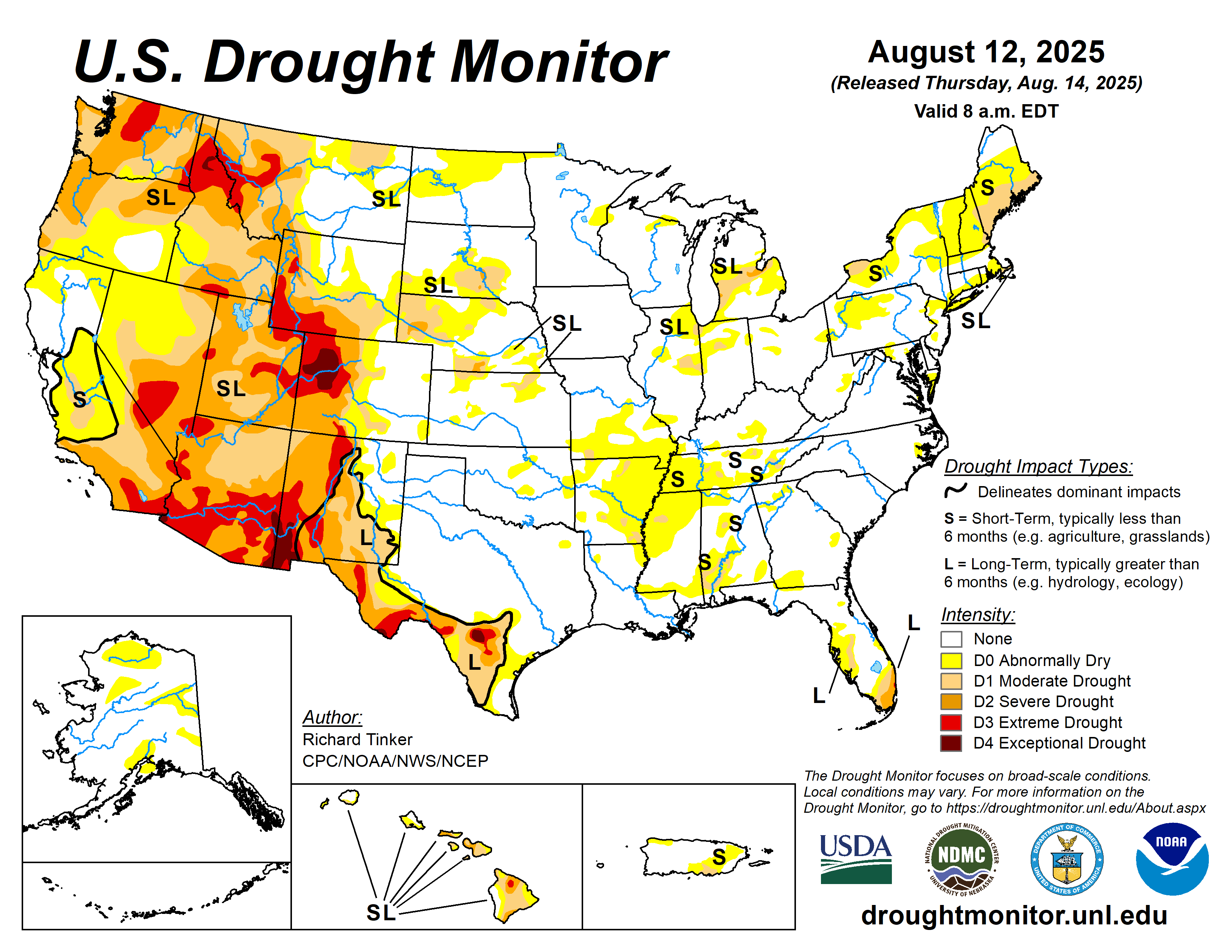

Station Number: OH-HM-24
Station Name: Cheviot 3.4 W
Report Date: 5/2/2020
Submitted: 5/02/2020 6:35 AM
Scale Bar: Near Normal
Description:
1.21 inches of rain in the past week. Grass is lush. Conditions are normal for this time of year.
Categories:
General Awareness
Agriculture
Plants & Wildlife
Updated observed freeze damage in the Cincinnati area by species from mid-April 2020 freeze to 23.7 F. More cold possible in the Ohio Valley and can’t rule out more frost. April 29, 2020
–
This report is specifically for the Arbor Doctor’s location 3.4 miles west of Cheviot, OH, in the western suburbs of Cincinnati in southwest Ohio. This location is also an official cooperative observation site for the National Weather Service listed as Cheviot 3W.
What is the Condition Monitoring Report? See these links for more information:
Search condition monitoring reports for the entire US>>> ![]()
CoCoRaHS Condition Monitoring Report Map>>>
Please remember to water…correctly!
Water once per week, one inch per week, under the entire branch spread, in the absence of rain, May through November. Either rainfall or your watering should equal the one inch per week. Put out a sprinkler and a straight sided soup can or rain gauge and measure one inch per week.
Watering: How and when>>>
Watering Trees and Shrubs>>>
Soil Moisture Index:

Meteorological Versus Astronomical Seasons. Spring is here!
Spring: March 1-May 31; Summer: June 1-August 31; Fall: September 1-November 30; Winter: December 1-February 28 (29)

You may have noticed that Arbor Doctor, meteorologists and climatologists define seasons differently from “regular” or astronomical spring, summer, fall, and winter. So, why do meteorological and astronomical seasons begin and end at different times? Read more here>>>
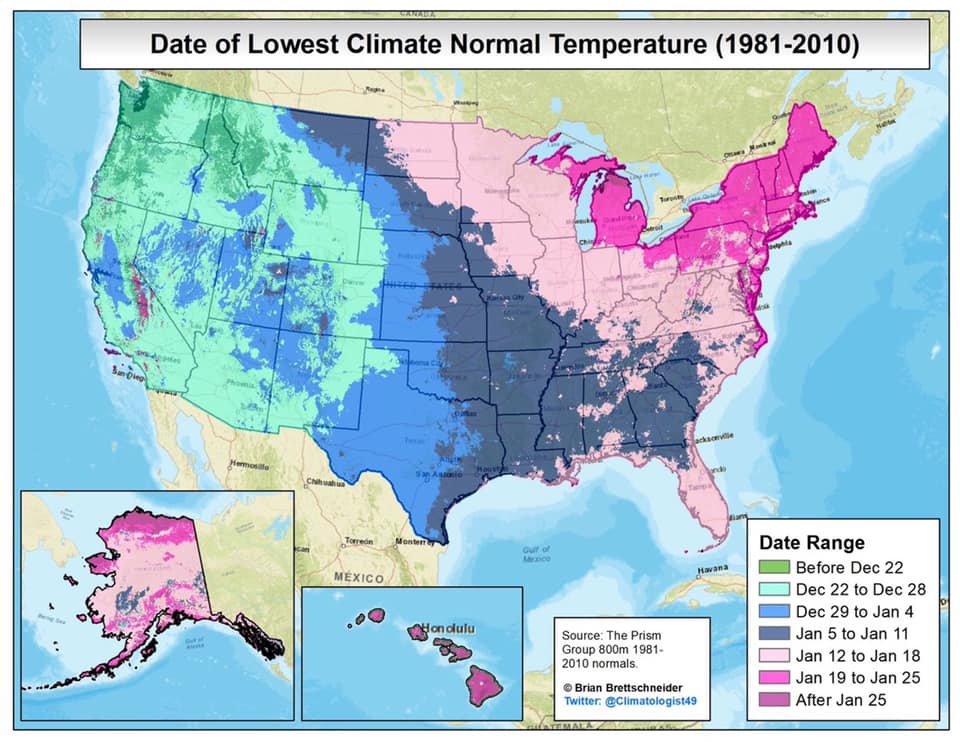
Nearly half the country has had its coldest day by the first day of calendar winter. That is why meteorological winter makes the most sense.
Spring leaf out (click on map to enlarge):
Spring bloom index (Click on map to enlarge):
Soil temperature map
Soil temperatures across the US.
Kentucky Mesonet including access to temperature, precipitation, soil temperature and soil moisture across Kentucky ![]()


